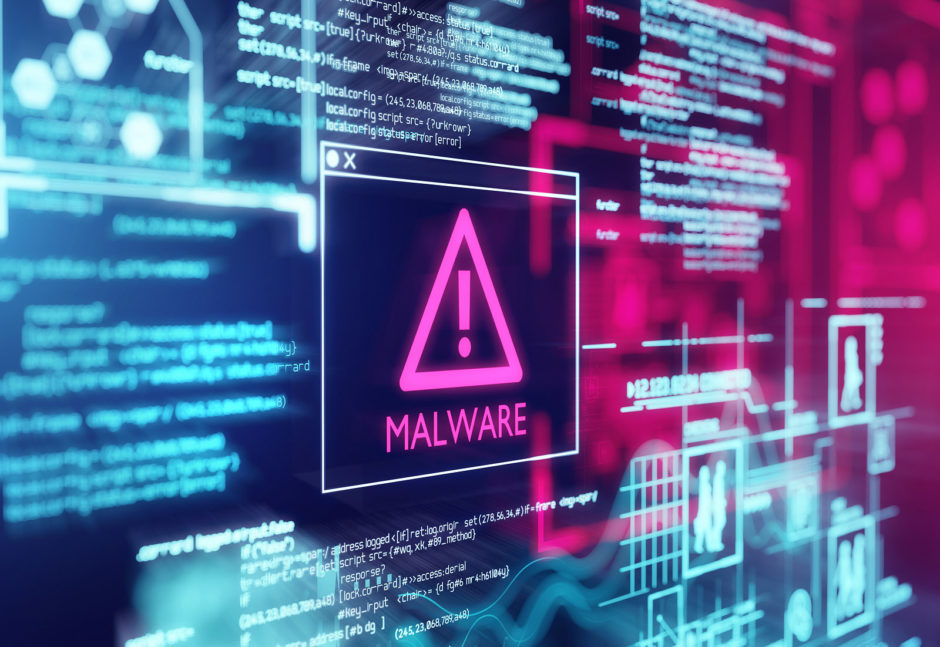Hello!
Malware prevention has become one of the main names of the game in cybersecurity. These fowl beasts of software can cost your company millions, and result in the loss of irreplaceable data.
Pretty much everyone has heard of malware before. It’s talked about nearly constantly in cybersecurity and is one of the main forms of risks that poses a threat to your network and computers.
But, what is malware? Where does it come from? What does it do? And why is it so dangerous to your organization?
What is Malware?
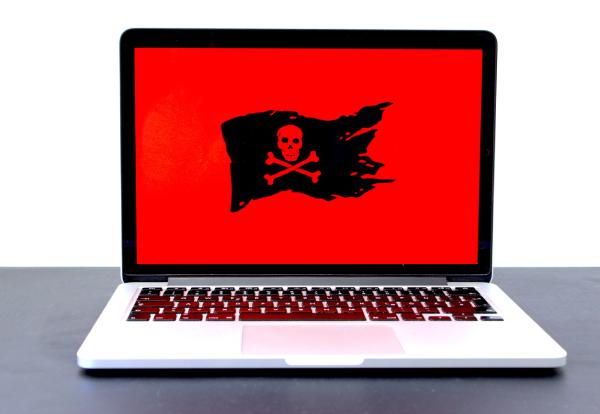 Malware (aka Malicious Software) is a harmful software that will cost you and your company big time. It may refer to a number of different programs, including viruses, spyware, ransomware, and Trojan Horses.
Malware (aka Malicious Software) is a harmful software that will cost you and your company big time. It may refer to a number of different programs, including viruses, spyware, ransomware, and Trojan Horses.
Malware is nasty in a lot of ways. As tech evolves, so does malware. Having a good plan in place to protect against it is one of the biggest pieces of cybersecurity in today’s world. But, let’s take a look at some of the main forms of malware and how it works.
Viruses
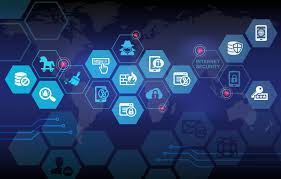 Viruses are the most well-known type of malware. These nasty bits of code attach themselves to clean code and, much like a biological virus, wait for the right set of circumstances to occur to take down your system. Spreading from host to host, a virus can infect your entire network in a matter of minutes.
Viruses are the most well-known type of malware. These nasty bits of code attach themselves to clean code and, much like a biological virus, wait for the right set of circumstances to occur to take down your system. Spreading from host to host, a virus can infect your entire network in a matter of minutes.
While this may be true, you do have the option of manually uninstalling the infected program and code (hopefully before any lasting damage occurs), or enlisting the help of antivirus software.
The best way to fight viruses is just like how we fight biological viruses: prevention. If you don’t know or trust the website where the download is coming from, don’t download it. Don’t click any links in emails if you don’t know who it’s from.
Ransomware
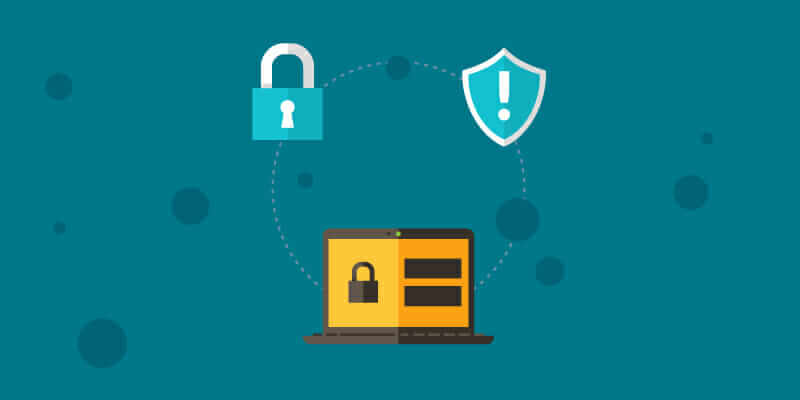 Ransomware is a wretched bit of malware designed to encrypt your computer files. Cybercriminals will immediately ask for a ransom in exchange for the decryption key.
Ransomware is a wretched bit of malware designed to encrypt your computer files. Cybercriminals will immediately ask for a ransom in exchange for the decryption key.
The price for unlocking your data ranged from a couple of hundred dollars to several thousand. There is always a good chance that, if you pay, you won’t get the decryption key.
There are several ways ransomware can enter your computer. One of the most common ways is through phishing emails.
With any malware, good antivirus software is key to protecting against ransomware. As mentioned before, never open emails unless it’s from a known source.
Spyware
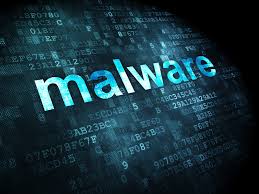 Spyware is a malware that is specifically designed to spy on your system and gain information that way. This may include malware such as keyloggers (spyware that logs your keystrokes), malware that logs your internet usage, and steals banking information.
Spyware is a malware that is specifically designed to spy on your system and gain information that way. This may include malware such as keyloggers (spyware that logs your keystrokes), malware that logs your internet usage, and steals banking information.
Because of its nature, spyware is often hard to detect. Unlike its counterparts, it’s aim isn’t to tarnish or lock up your data, but to collect it. Unknowingly.
Prevention is key to protecting against this type of malware as well. Don’t open any pop-ups from websites. Always download any software directly from the source- never third-party.
Emails are, once again, another common way this type of malware spreads, so never open emails from unknown sources.
And lastly, never pirate music or movies. These types of files are notorious for having malware like spyware attached to them.
Trojans
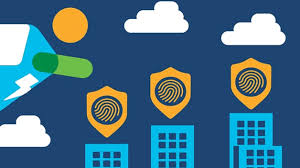 Trojan Horse Malware is one of the sneakiest of malware that can infect your computer and system. Trojans often disguise themselves as something seemingly innocent.
Trojan Horse Malware is one of the sneakiest of malware that can infect your computer and system. Trojans often disguise themselves as something seemingly innocent.
The game you downloaded from that one website or an MP3 file. The scary thing about Trojans is that they’re usually self-replicating and create many different risks to your system.
They often will open backdoors to allow other malware to creep in, and are used to install spyware on your computer.
And, they can even hide in your startup software to make sure that it loads every time your computer is started.
As with anything, prevention is key. Make sure that you trust the sites you are downloading from, and be aware of phishing and social engineering attempts.
Keys To Malware Prevention
First thing’s first: get reputable and reliable antivirus software. Norton,McAfee, and Kaspersky are a few of the more well-known antivirus programs out there. All of them provide an enterprise solution as well, which cater to small to large companies.
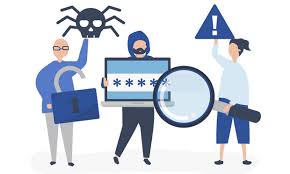 A managed IT service provider can also help you decide what type of security and software is best for your business, and they can also maintain your security for you.
A managed IT service provider can also help you decide what type of security and software is best for your business, and they can also maintain your security for you.
Prevention is the key to protecting your company and network from malware, and prevention starts with education. Be sure to teach your employees about different security risks and how to avoid them.
Make sure they never download anything from websites they don’t know and trust, and educate them on the risks of phishing emails and social engineering threats.
Antivirus Software
We’ve talked quite a bit about antivirus software in this article. However, we’ve barely touched on the best ones for the job of protecting your network.
While I’ve mentioned a few of the more well-known programs, what is the best one according to consumer reviews?
Norton
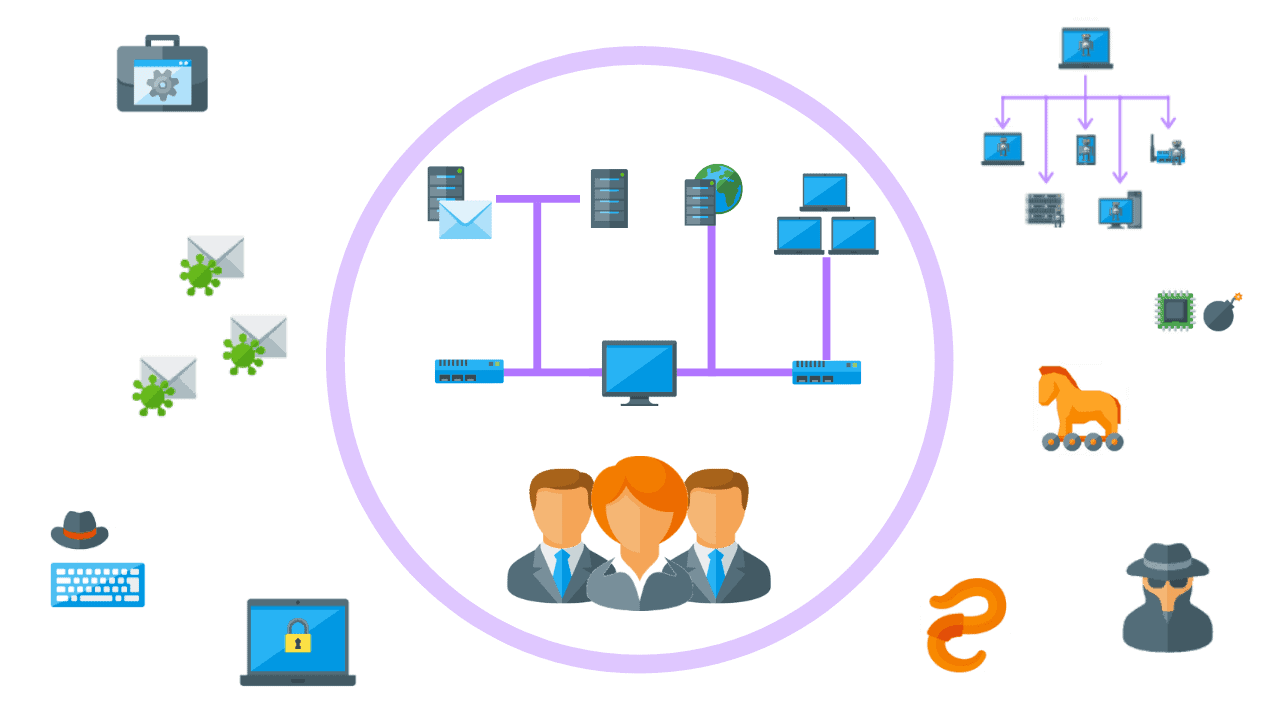 Norton primarily focuses on small businesses. For the protection of up to 20 devices, you’re looking at a price of about $250/year, which is incredibly inexpensive in comparison!
Norton primarily focuses on small businesses. For the protection of up to 20 devices, you’re looking at a price of about $250/year, which is incredibly inexpensive in comparison!
In a general sense, Norton Antivirus and their recently acquired software Symantec boast a shocking 4 ½ stars across multiple sites and over 1,000 reviewers. This puts them firmly on the top of the food-chain with antivirus software.
McAfee
For computer enthusiasts, you might have run across McAfee in reference to antivirus software that comes preinstalled with a trial on new computers.
McAfee often does this with a number of different computer manufacturers as a marketing tactic, but they are a reputable antivirus company and are worth consideration.
McAfee’s McVision Endpoint Security boasts a number of incredible features for the prediction, prevention, and detection of security threats, including malware. This might make McAfee one of the most robust security solutions available.
They have received several awards for their services, and boast a 93%-97% positive review from over 10,000 reviewers on multiple sites.
Kaspersky
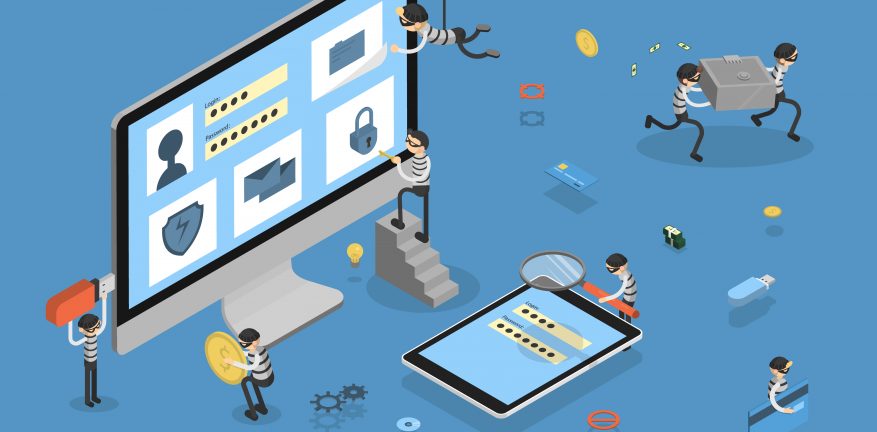 Kaspersky is an old name in cybersecurity. Founded in 1997 in Moscow, their solution has evolved nearly as many times as the modern computer.
Kaspersky is an old name in cybersecurity. Founded in 1997 in Moscow, their solution has evolved nearly as many times as the modern computer.
Their enterprise security solution has received several awards and recognitions and is overall incredibly diverse. From cloud security to traditional networks.
However, as day-to-day consumer antivirus products, their reviews are considerably lower than Norton and McAfee. On average, they receive an 88% positive review from over 50,000 consumers across multiple sites.
Perhaps their wide range in use and higher volume of customers has contributed to this number.
Either way, with such a huge adoption rate, Kaspersky is still a viable contender among other antivirus programs.
Managed IT Service Providers
When it comes to malware prevention, you may wish to hire experts. IT service providers specialize in cybersecurity (and many other things) and can help you navigate that world.
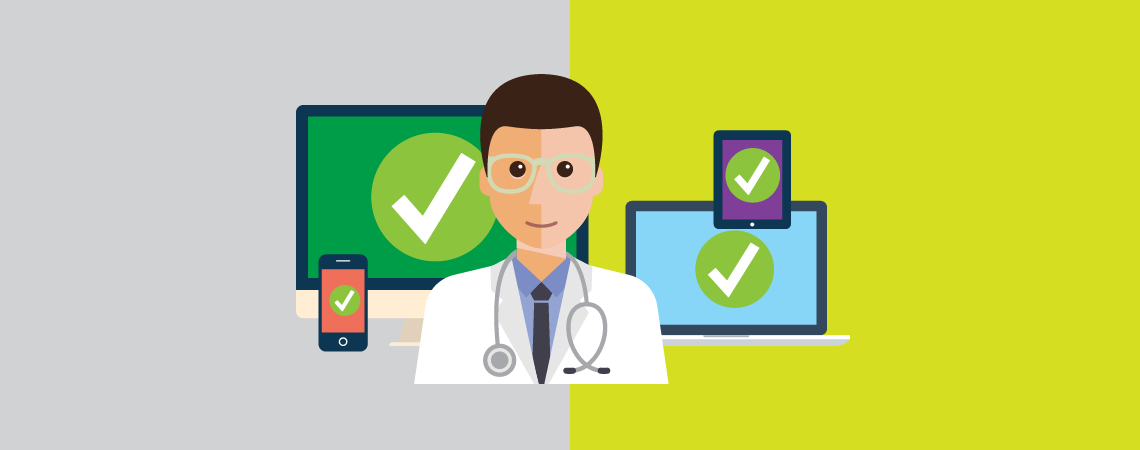 Along with prevention, IT service providers can help to determine the weak points in your security system, and continuously monitor and improve that security in order to help better prevent and understand the threats that might come across your network.
Along with prevention, IT service providers can help to determine the weak points in your security system, and continuously monitor and improve that security in order to help better prevent and understand the threats that might come across your network.
This provides a huge advantage to your organization. You’ll not only have the peace of mind that comes with such a robust cybersecurity measure, but your provider can also adapt and change your security at will. This makes it harder for cybercriminals to infiltrate your system.
And, there’s something to be said for the human element involved in these services. You rely on experts at your company every day, so why not rely on human experts in cybersecurity as well?
In fact, you can think of a managed IT service provider as a bodyguard for your network. They have the big guns and muscles that are capable of preventing large scale attacks, as well as the knowledge and knowhow to immediately enact disaster recovery services should they become necessary.
 Prevention, a robust system, and incident management all in one.
Prevention, a robust system, and incident management all in one.
A lot of professionals might think that managed IT service providers are becoming more and more irrelevant as technology improves.
But, it’s actually the opposite. As our technology and IT becomes more advanced, IT service providers actually become more necessary.
In the case of malware prevention, having an IT service provider will give you one less thing to worry about as you handle the day-to-day of your business.
Conclusion
Malware is all too common in today’s world. And as our technology gets smarter, so do cybercriminals, which makes cybersecurity all the more important.
Taking the time to learn about malware, malware prevention, and security threats from it is key to keeping your company data protected.
 Data breaches cost companies an average of $4.7 million as of 2018, according to the US Securities and Exchange Commission. Because of this, you really owe it to your business to have a security plan in place.
Data breaches cost companies an average of $4.7 million as of 2018, according to the US Securities and Exchange Commission. Because of this, you really owe it to your business to have a security plan in place.
Be sure to educate your employees on the dangers of phishing attempts and social engineering, and help them understand what is and isn’t safe to download from the internet.
Have a reputable and reliable antivirus software installed throughout your network, and consider reaching out to a managed IT service provider to help you plan your cybersecurity.
Thank you!
Subscribe to our newsletter! Join us on social networks!
See you!

